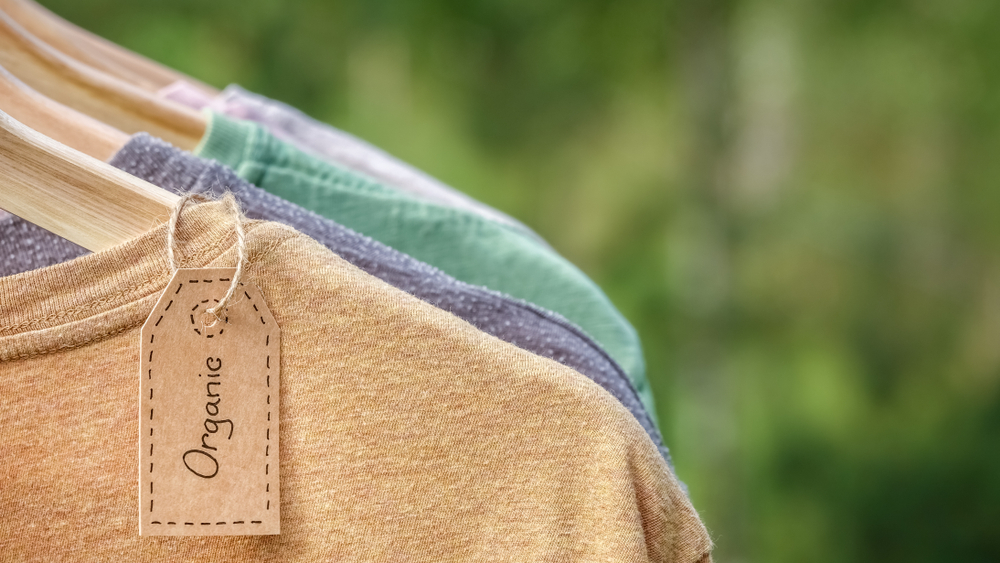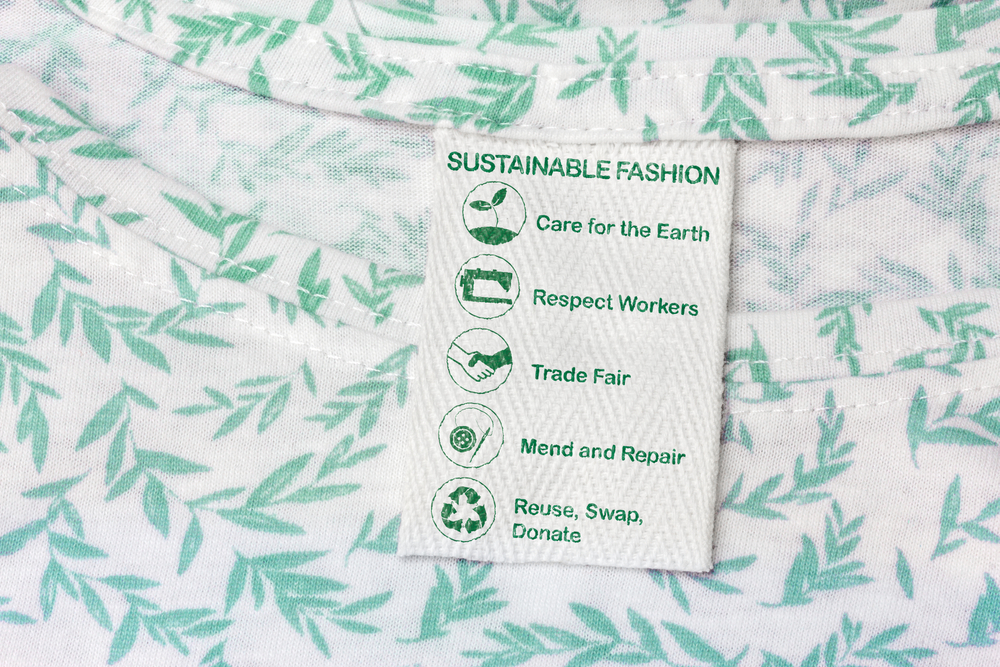The fashion business has a long history of being linked to excess, waste, and environmental harm. The adoption of sustainable practices by firms, customers, and designers has, however, resulted in a favorable shift in recent years. The use of eco-friendly materials is a key component of this change. These materials encourage design innovation and creativity while simultaneously lowering the ecological imprint of the fashion industry. In this article, we’ll examine the newest generation of eco-friendly textiles that are reshaping the fashion industry and laying the foundation for a more sustainable and ethical future.
Principles of Eco-Friendly Sustainable Fashion
- Consumption with awareness: Eco-friendly sustainable design inspires buyers to make thoughtful decisions about their wardrobes and to purchase fewer, higher-quality clothes. It advises moving away from the disposable culture of quick fashion and spending money on strong, classic pieces that can be utilized in a variety of ways and last for a long time.
- Transparency: Ethical fashion companies are open and honest about their supply chains, sourcing, and manufacturing procedures. The materials utilized, the factories they collaborate with, and any certifications or norms they follow are all readily available.
- Innovative Materials and Technologies: To create new eco-friendly materials and technologies with a lower environmental impact, sustainable fashion encourages innovation and makes research investments.
Organic Cotton: Comfort with a Conscience
Unquestionably, one of the most widely used and affordable sustainable materials on the market right now is organic cotton. Organic cotton promotes a safer environment for farmers, neighboring ecosystems, and final consumers because it is grown without toxic pesticides or synthetic fertilizers. It is also a more water-efficient solution because it uses less water than traditional cotton. Organic cotton clothing is a great option for shoppers who care about the environment because it delivers the same level of comfort, breathability, and versatility as its conventional cousin.

Recycled Polyester: A New Life to Plastic Waste
The fashion industry frequently uses polyester, a fabric made from petroleum. However, its production considerably increases plastic pollution and greenhouse gas emissions. The notion of recycled polyester was developed to overcome this problem. Textile producers can produce fresh polyester fibers by employing post-consumer plastic bottles and other discarded plastic materials. This novel method makes plastic garbage less likely to end up in landfills and the oceans while also using less energy during production, making it a more environmentally friendly choice.
Tencel and Modal: Embracing Sustainable Wood-based Fabrics
Both Tencel and Modal are cellulose fibers made from recycled sources, predominantly eucalyptus, beech, and spruce trees in sustainably managed forests. Solvents are recycled during the creation of these fabrics in a closed-loop system, reducing waste and the release of hazardous chemicals. A beautiful and silky-smooth fabric that uses less water and land than conventional cotton is the end product. Additionally, because of their biodegradability, these materials will have little effect on the environment when their life cycle is through.
Hemp: The Eco Warrior of Fabrics
An age-old material with numerous environmentally favorable advantages is hemp. Hemp is an eco-friendly option for clothing manufacturers because it is a crop with a wide range of uses and requires nothing in the way of water, pesticides, or fertilizers to thrive. Additionally, hemp plants take up a lot of carbon dioxide, which helps to protect the environment even more. Hemp clothing is a long-lasting and cozy option because it is strong, permeable, and softens with each wash.

Piñatex: Fashion from Pineapple Leaves
Pinatex is a cutting-edge plant-based textile created from the byproduct of the fruit industry, the fibers of pineapple leaves. Traditional leather and synthetic materials can be replaced with this ground-breaking material as a sustainable option. Pinatex uses fewer resources to produce, is cruelty-free, and is biodegradable. Designers looking for eco-friendly and stylish alternatives have taken note of its distinctive texture and appearance.
Sustainable materials have become an essential remedy as the fashion sector is under increasing pressure to address its environmental impact. The next generation of eco-friendly materials that are revolutionizing the fashion industry includes organic cotton, recycled polyester, Tencel, Modal, hemp, and Pinatex, to name just a few. Customers can encourage firms to prioritize eco-consciousness by supporting environmentally responsible practices by selecting these sustainable alternatives. When style and sustainability join together to create a greener planet for future generations, that is where the future of fashion lies.



